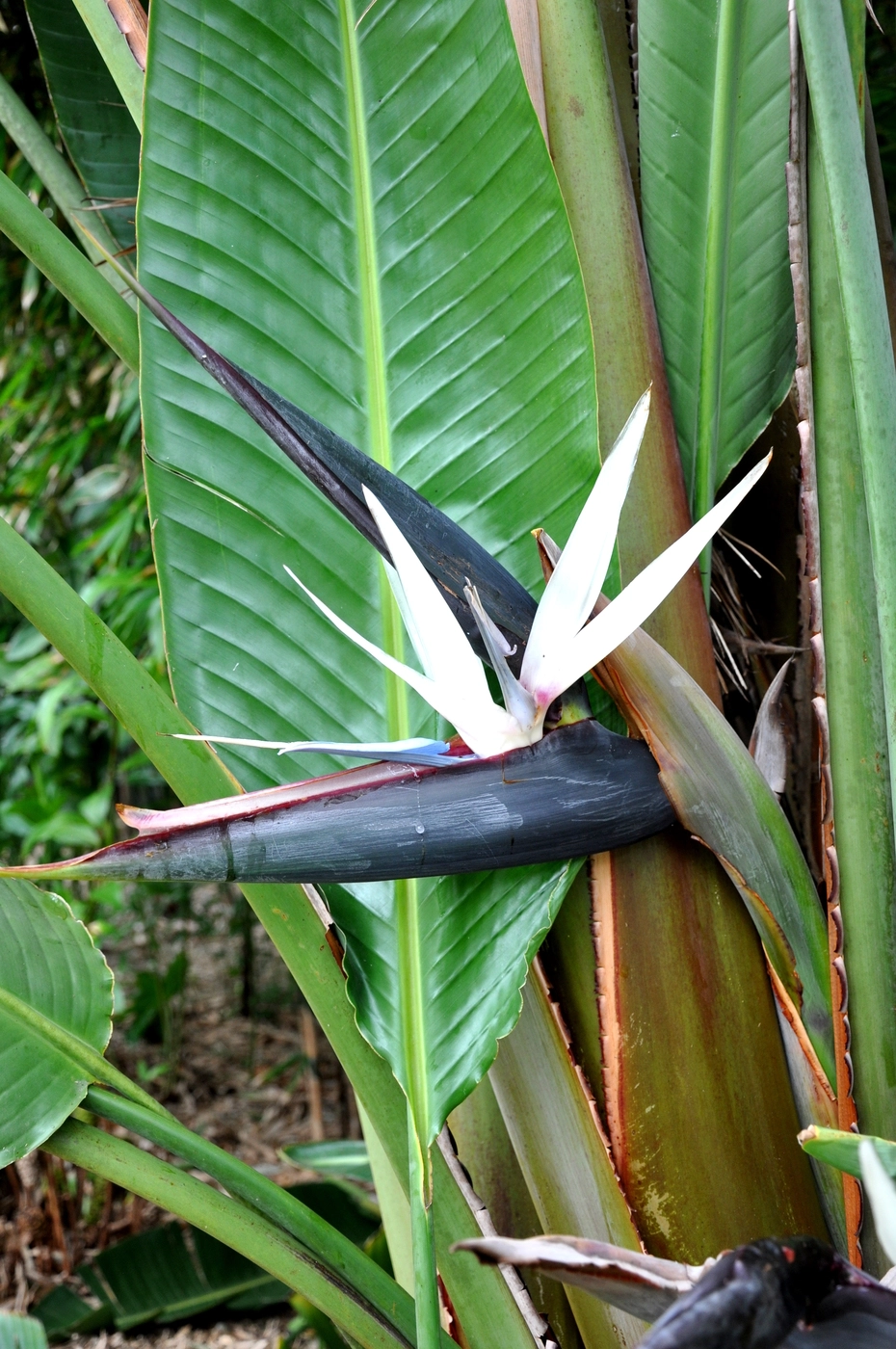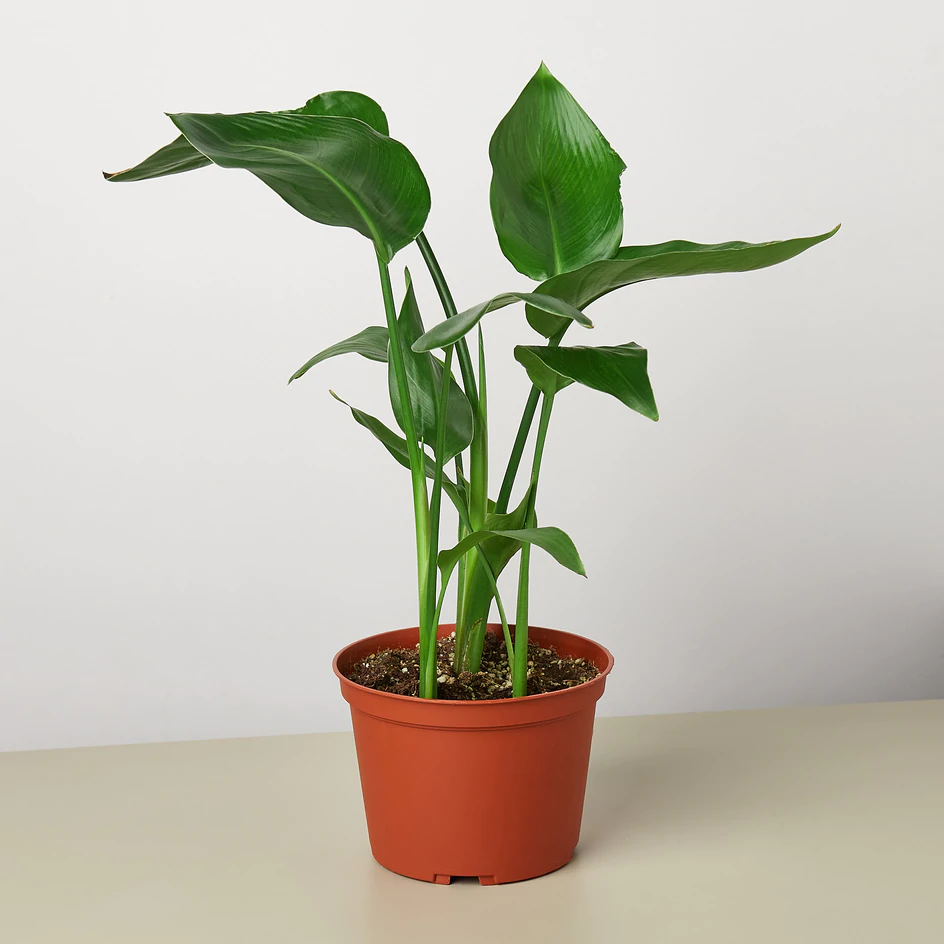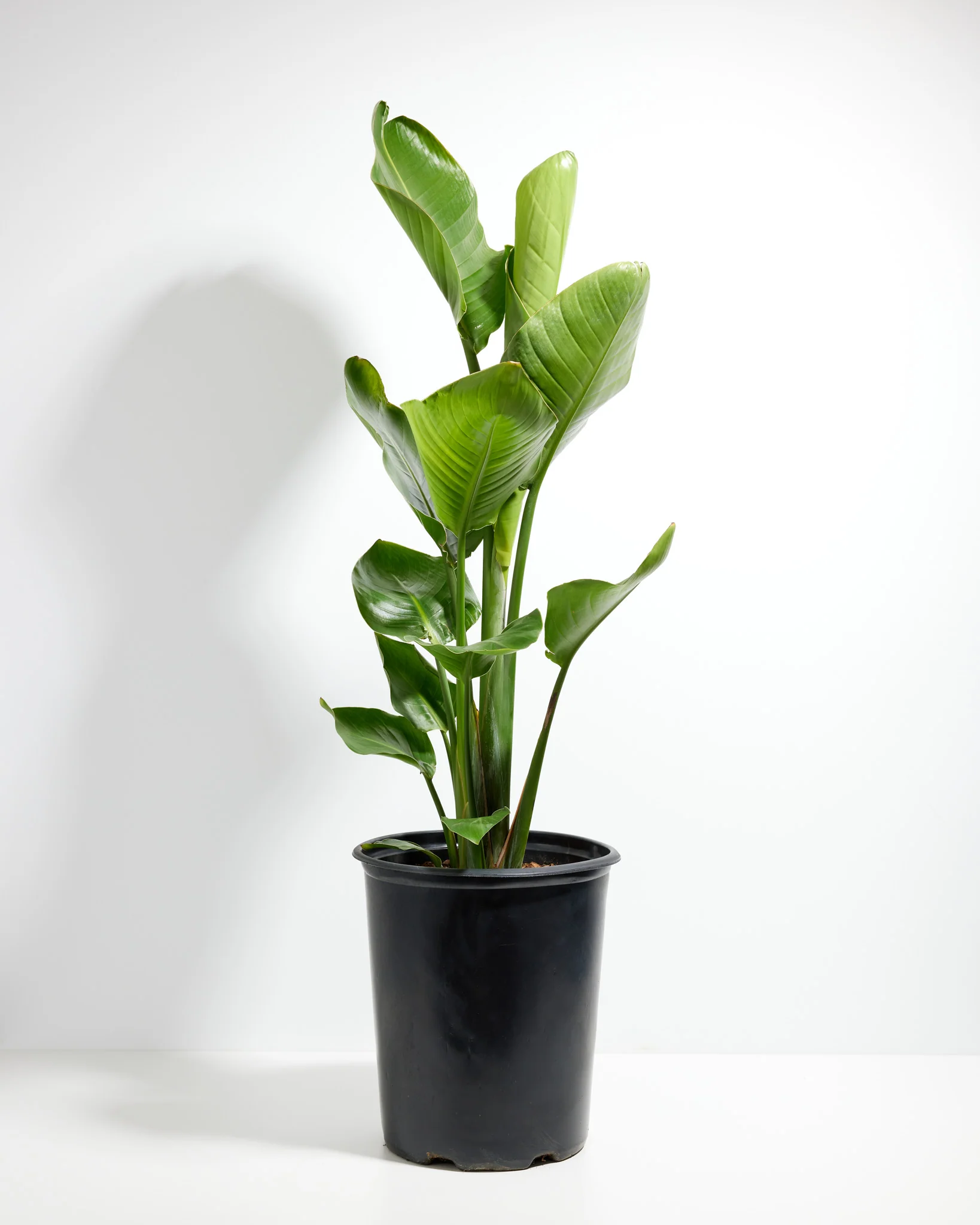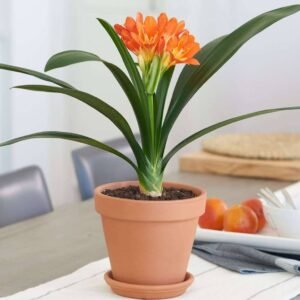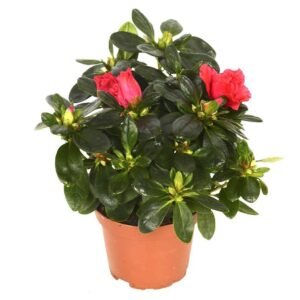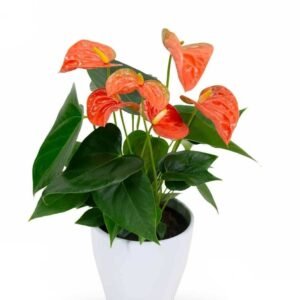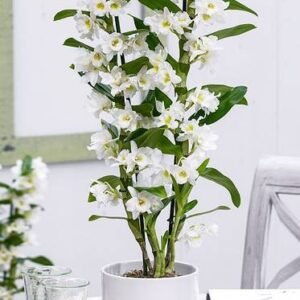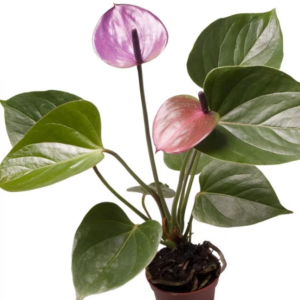Giant White Bird of Paradise
333.0 AED – 1,472.0 AED (-6%)
Botanical name:- Strelitzia reginae
| Scientific name | Strelitzia reginae |
| Common name | Bird-of-paradise |
| Temperature requirement | 18-24 °C |
| Humidity | 60-70% should be more than 50% |
| Light | Bright direct sunlight |
| Watering | Water every week and keep moist |
| Pests | Mealybugs and scale |
| Pet friendliness | Toxic to pets and humans |
| Maximum plant height | 3-9 m |
| Potting mix | Potting soil / Red soil / Manure / Perlite |
| Pot requirement | Good drainage and repot every 1-2 years |
| Nutrition | Apply manure once in fortnight and NPK in next fortnight |
| Pruning & training | Remove dead and diseased leaves with sterile shears |
| Common color & season | Bright orange and blue colors, their flowers can also be white |
| Description | Throughout the world, the bird of paradise is known for its cut flowers. It is indigenous to the eastern cape, south africa, growing along rivers and close to the coast. Its stiff, upright leaves form dense clumps. They emerge from the base without any branching, creating a bouquet of exotic flowers on top of lush green foliage. Flowers stand above the leaves. A horizontal spathe resembles a bird’s head. Flowers are raised one by one from this sheath, consisting of three orange sepals and three dark blue petals each. Pollination is by birds. Strelitzias do not have many particular site requirements. With frequent irrigation, the plants thrive in full sun, but also produce flowers in partial shade. A rich soil with loam and compost is the most suitable, and occasional fertilising guarantees vital growth of healthy leaves and flowers. Hailing from coastal regions, they tolerate some salinity in the water applied, and withstand strong winds without damage. Low temperatures are tolerated as long as there are no frosts. They make a strong accent in sheltered gardens . Bird of paradise plants flourish in containers and look well as accent plants, either singly or grouped. The spectacular flowers should be accessible to enable pedestrians to take a closer look. Sowing in spring may result in flowering offspring within three to five years. Another method of propagation is division in autumn, which is usually combined with transplanting mature clumps. |
Additional information
| Size | 80-100cm, 100 -120cm, 120-150cm, 150-180cm |
|---|


